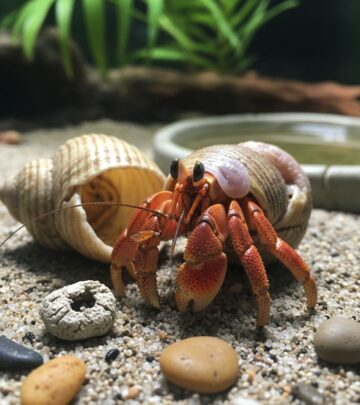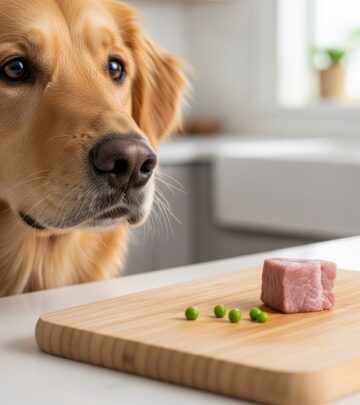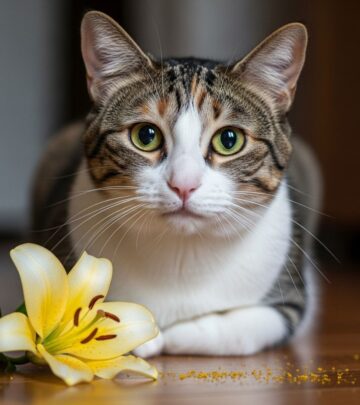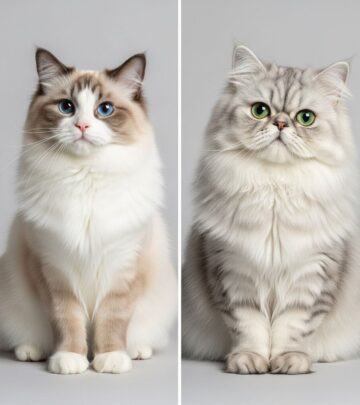Can Cats Eat Garlic? Understanding the Dangers and What to Do
Find out why garlic is highly toxic for cats, the symptoms of poisoning, and what actions to take if your feline ingests garlic.
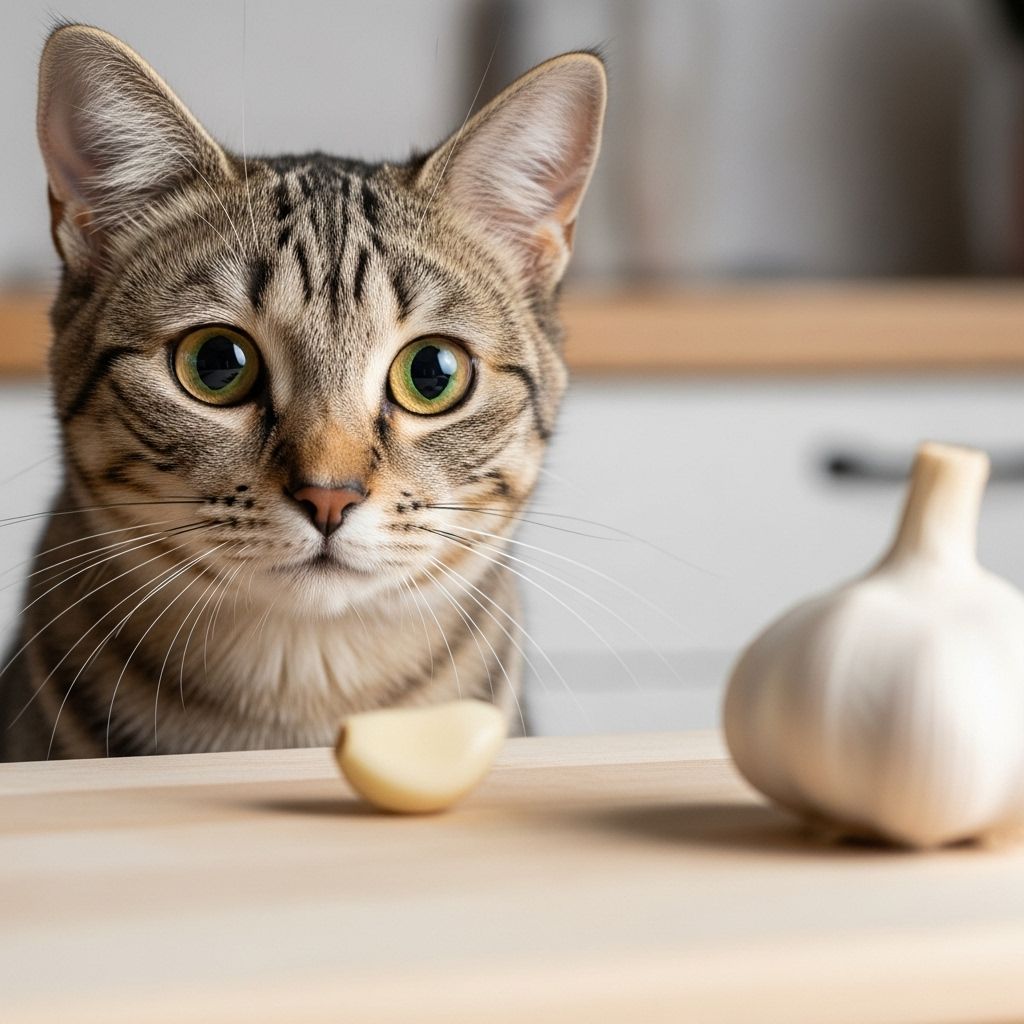
Can Cats Eat Garlic? Why Garlic is Dangerous for Felines
Garlic has long been a beloved ingredient in cuisines worldwide, but when it comes to your feline companions, garlic brings grave danger rather than deliciousness. Whether it’s minced in a sauce, raw as a clove, or blended into a powder, garlic is highly toxic to cats. Even a seemingly harmless crumb of garlic bread or a dash of garlic powder could put your pet in serious jeopardy.
Below we explore the science of garlic toxicity in cats, how to recognize symptoms, what immediate steps to take, and how to keep your cat safe and healthy.
Key Takeaways
- All forms of garlic are toxic to cats: raw, cooked, powdered, salted, or within processed foods.
- Even tiny amounts can cause life-threatening anemia and organ damage.
- Symptoms may be delayed, making early vet intervention absolutely critical.
- There are no home remedies—immediate veterinary care is the only safe option.
Why Is Garlic Bad for Cats?
Garlic is a member of the allium family of plants, a group that also includes onions, leeks, chives, and shallots. These plants all contain thiosulfates—compounds that cats (and to a lesser degree, dogs) are unable to process safely. When cats ingest garlic, the thiosulfate compounds attack their red blood cells, triggering a dangerous form of anemia known as hemolytic anemia.
Hemolytic anemia is a condition where red blood cells are destroyed faster than the body can replace them. Since red blood cells are critical for carrying oxygen to tissues and organs, anemia can result in weakness, organ failure, and, in severe cases, death.
How Garlic Causes Damage
- Thiosulfates from garlic cannot be digested or neutralized in a cat’s body.
- These compounds cause the destruction (hemolysis) of red blood cells.
- The result: Decreased oxygen delivery throughout the body, with the most vulnerable organs suffering first.
Cats are actually even more sensitive to garlic toxicity than dogs. Additionally, there is no established ‘safe’ amount—for most cats, as little as 1 gram per kilogram of body weight can be toxic.
Forms of Garlic That Are Dangerous
Every form of garlic is toxic for cats. There is no preparation, dilution, or cooking method that makes garlic safe for your feline. Toxicity includes:
- Fresh garlic cloves (raw or cooked)
- Jarred or minced garlic
- Garlic powder or garlic salt
- Broths, baby foods, and prepackaged meals with garlic as an ingredient
- Garlic pastes or purees
- Foods such as garlic bread
Other allium family members like onions, chives, and leeks are also toxic for cats, and should never be part of their diet.
How Much Garlic Is Poisonous to Cats?
There is no safe amount of garlic for cats. Cats are more susceptible to garlic poisoning than dogs, and research shows that garlic is 3 to 5 times as potent as onions when it comes to causing toxicity.
- As little as 1 gram per kilogram of a cat’s body weight is considered toxic.
- One average raw garlic clove weighs about 5 grams, so eating even a small piece could put an average-sized cat at risk.
- Toxicity is compounded when cats consume garlic repeatedly over time, even if each individual exposure is small.
To illustrate:
| Type of Allium | Amount toxic per kg (cat) | Toxicity level |
|---|---|---|
| Onion | 5 g/kg | High |
| Garlic | 1 g/kg | Very High |
Symptoms of Garlic Poisoning in Cats
Symptoms of garlic toxicity aren’t always immediate—they can take several hours to days to manifest as the red blood cell destruction progresses. Common warning signs include:
- Vomiting and diarrhea
- Lethargy (unusual sleepiness or weakness)
- Pale or yellowish gums (indicating anemia)
- Loss of appetite
- Rapid breathing or panting
- Faster heart rate or irregular heartbeats
- Red or brown urine
- Collapse
- Disorientation or confusion
These symptoms may be mild at first and become progressively worse. Cats may not show clear outward signs until their condition is dire, which is why immediate intervention is critical.
What to Do If Your Cat Eats Garlic
If you know or suspect your cat has ingested any amount of garlic:
- Do not wait for symptoms to appear—seek emergency veterinary care immediately!
- Take the packaging or ingredient list of the product to the vet, if possible.
- Do not attempt home remedies: there are no safe or proven ways to neutralize garlic toxicity at home.
The sooner a vet can start treatment, the greater the chance of a full recovery.
Emergency Steps Your Veterinarian May Take
- Inducing vomiting (within a short window after ingestion)
- Administering activated charcoal to limit further absorption
- Hospitalization for intravenous fluids and close monitoring
- Blood transfusions in severe cases of anemia
- Ongoing monitoring of red blood cell counts and overall vital signs
The most crucial factor is speed: prompt intervention greatly improves the chances of recovery.
Is Cooked Garlic Safer Than Raw?
Cooked garlic is just as hazardous as raw garlic—sometimes even more so. Cooking does not neutralize the toxic compounds within garlic. In fact, cooked garlic may disguise its strong taste and aroma, making it more palatable and easier for a curious cat to consume in larger quantities.
Whether baked into bread, slivered in sauces, or integrated into savory dishes, there is no safe form or preparation of garlic for cats.
Are There Any Benefits to Giving Cats Garlic?
Some pet food myths claim that garlic wards off fleas or benefits a cat’s heart. These claims are categorically false. Reputable veterinarians strictly advise against adding garlic in any form to a cat’s diet, whether as a supplement or home remedy.
Instead, focus on providing nutritionally-complete, cat-specific diets—never human remedies or homemade treatments containing garlic.
Do Cats Like Garlic?
Most cats are naturally wary of garlic’s strong aroma and flavor, often avoiding foods that contain it. However, this isn’t a guarantee—curiosity or accidental ingestion can and does occur. Garlic is among the scents that tend to deter cats, alongside citrus, vinegar, and pipe tobacco.
Despite their usual aversion, do not rely on smell alone to protect your cat from exposure.
How to Prevent Garlic Poisoning in Cats
- Keep all garlic products—whole, powdered, or processed—securely stored and well out of cats’ reach.
- Avoid feeding your cat any scraps or food products that could contain garlic.
- Check ingredient lists carefully on packaged foods, baby foods, broths, and even treats.
- Inform friends, family, or pet sitters never to give garlic products or leftovers to your cat.
- Offer only veterinarian-approved treats and foods designed for feline nutrition.
Safe Alternatives: What Should Cats Eat?
Cats are obligate carnivores, meaning their diet should be exclusively meat-based. Nutritionally complete commercial cat foods provide all essential vitamins and minerals. Safe, occasional treats include:
- Small bits of cooked, unseasoned chicken or turkey
- Plain cooked eggs
- Commercial cat treats (with no garlic or onion)
Avoid sharing any human food unless cleared with your veterinarian. Many household foods, including garlic, onions, chocolate, and dairy, can be hazardous or deadly.
Frequently Asked Questions (FAQs)
Q: What should I do if my cat ate a small amount of garlic?
A: Any amount of garlic could be toxic to your cat. Contact your veterinarian or an emergency animal clinic immediately, even if no symptoms are present.
Q: Can cats eat garlic-flavored foods, like garlic bread or sauce?
A: No. Foods flavored with garlic—whether bread, sauces, or processed snacks—are dangerous for cats and should be kept away from them.
Q: Are other allium vegetables also unsafe for cats?
A: Yes. Onions, chives, leeks, and shallots (alliums), in any form, are all harmful to cats.
Q: How quickly do signs of poisoning appear after garlic ingestion?
A: Symptoms may take several hours to several days to develop. Do not wait for symptoms—seek veterinary care immediately if garlic is ingested.
Q: Are there any home remedies for garlic poisoning in cats?
A: No. Garlic toxicity is potentially fatal and can only be treated by a veterinarian. Do not attempt to induce vomiting or use home treatments.
Summary Table: Garlic & Cats
| Item | Is it safe for cats? | Notes |
|---|---|---|
| Raw garlic | No | Highly toxic. Even small amounts can be deadly. |
| Cooked garlic | No | Still toxic. Cooking does not reduce risk. |
| Garlic powder | No | Highly concentrated; a major hazard. |
| Garlic-flavored foods | No | Strictly prohibited for cats. |
| Allium vegetables (onions, leeks, chives) | No | All toxic for cats. |
Conclusion: No Garlic—Ever—for Cats
Garlic is never safe for cats—in any form, quantity, or preparation. Even minimal exposure can trigger devastating and potentially fatal health crises. The best way to safeguard your pet is through prevention: keep garlic out of reach, monitor environments for hidden ingredients, and commit to feline-appropriate diets. In case of accidental ingestion, act fast and seek professional veterinary help immediately.
Read full bio of medha deb

